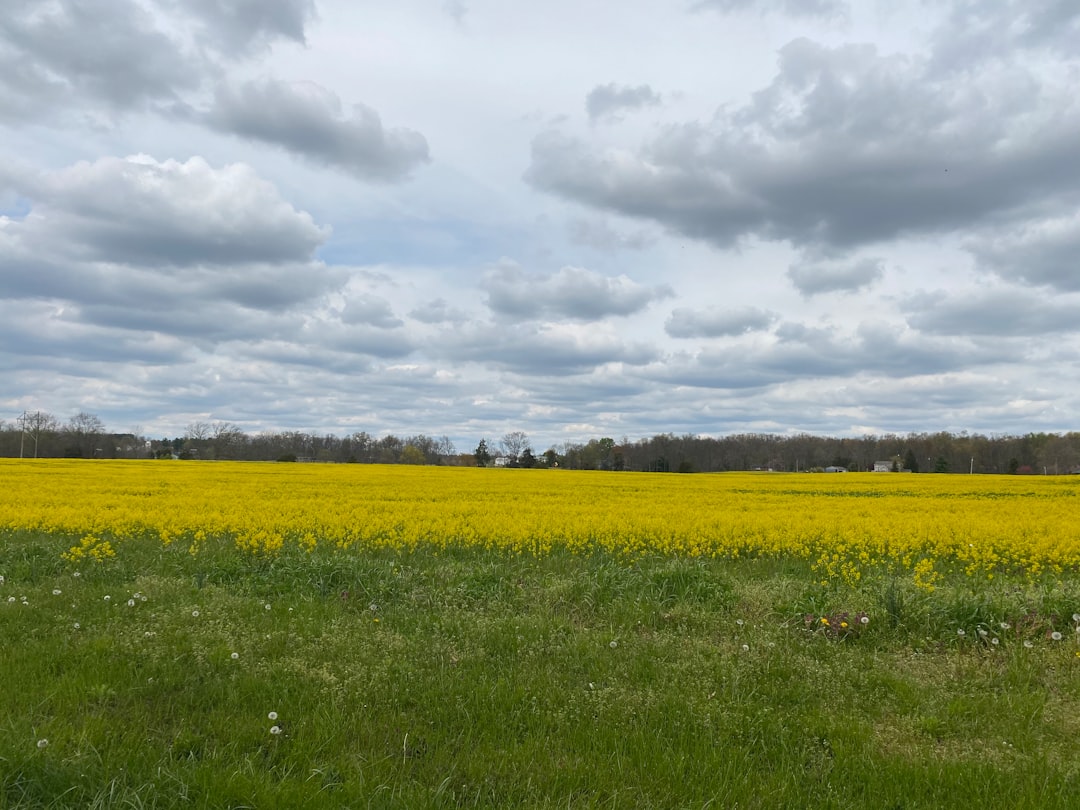Coffee shops in Greenbelt can combat spam calls by partnering with a lawyer for TCPA Maryland to educate patrons about the Telephone Consumer Protection Act. This transforms venues into community centers, reducing unwanted phone marketing and strengthening ties through informed engagement. By hosting sessions and displaying resources, coffee shops empower residents to report violators and register for Do Not Call lists.
Coffee shops, more than just places to sip and socialize, are emerging as community hubs where residents gather not only for a much-needed break but also to share information. In this digital age, spam calls have become a growing concern, leading many in Greenbelt to seek solutions. This article explores the dual role of coffee shops in raising awareness about nuisance calls and offers insights into the legal framework, specifically the TCPA Maryland, guiding these efforts. We also provide effective strategies to combat the issue, empowering both shop patrons and lawyers specializing in TCPA Maryland cases.
Coffee Shops: Local Hubs for Awareness

Coffee shops, with their welcoming atmospheres and bustling environments, often serve as more than just places to grab a quick cup of coffee. They are local hubs where residents gather, chat, and engage in community discussions. Leveraging this unique aspect, greenbelt coffee shops can play a significant role in educating their patrons about the growing issue of spam calls. By hosting informational sessions or displaying resources related to the Telephone Consumer Protection Act (TCPA) and its implications for Maryland residents, these establishments can empower customers with knowledge.
A lawyer for TCPA Maryland can help coffee shop owners navigate the legal aspects of this initiative, ensuring compliance while providing guidance on effective awareness campaigns. This collaboration could result in more informed residents who are better equipped to protect themselves from unwanted spam calls. Such efforts not only contribute to a quieter and more peaceful environment but also foster a stronger sense of community engagement.
Educating Communities About Spam Calls

Coffee shops, often hubs of community engagement and conversation in Greenbelt, can serve as ideal spaces to educate residents about spam calls and their legal implications. With a growing number of unwanted phone calls from automated systems, many folks are unaware of their rights under the Telephone Consumer Protection Act (TCPA). A friendly chat over a cup of coffee could be the catalyst for raising awareness about this important legislation.
Local businesses can facilitate these conversations by hosting informational sessions or displaying simple posters explaining TCPA rules and the consequences for violators. Encouraging customers to share knowledge with friends and family can create a ripple effect, empowering Greenbelt residents to take control of their phone lines. Additionally, providing resources on how to register for Do Not Call lists can be a practical step towards reducing spam calls, making coffee shops not just places to relax but also centers of community education and empowerment.
The Legal Perspective: TCPA Maryland

The Telephone Consumer Protection Act (TCPA) is a federal law in the United States that regulates telemarketing practices, with specific provisions targeting spam calls. In Maryland, this legislation is further reinforced by state laws, ensuring residents are protected from unsolicited phone calls and texts, especially those deemed as harassment or nuisance. For coffee shops looking to raise awareness about this issue within their communities, understanding the TCPA becomes crucial. Engaging in educational initiatives that inform customers about their rights under this law can be a positive step.
Hiring a lawyer specializing in TCPA Maryland is one effective strategy for businesses to ensure compliance and learn more about their responsibilities. Such legal professionals can provide guidance on best practices, helping coffee shops navigate the complex landscape of consumer protection laws while fostering an environment where residents feel empowered to take action against spam calls.
Strategies to Combat Nuisance Calls

Coffee shops in Greenbelt, Maryland, can play a significant role in educating residents about combating nuisance calls, especially those violating the Telephone Consumer Protection Act (TCPA). One strategy is to host informational sessions or workshops where local experts, including lawyers specializing in TCPA cases in Maryland, can discuss common types of spam calls and legal rights. These gatherings can empower residents with knowledge on how to report such calls effectively.
Additionally, coffee shops can display informative materials and posters about the TCPA, highlighting the consequences of making or receiving illegal robocalls or text messages. Encouraging customers to share this information with their peers creates a community-driven solution. Moreover, partnering with local law enforcement agencies or consumer protection organizations to conduct joint awareness campaigns can further reinforce these strategies and ensure Greenbelt residents are equipped to handle nuisance calls.






